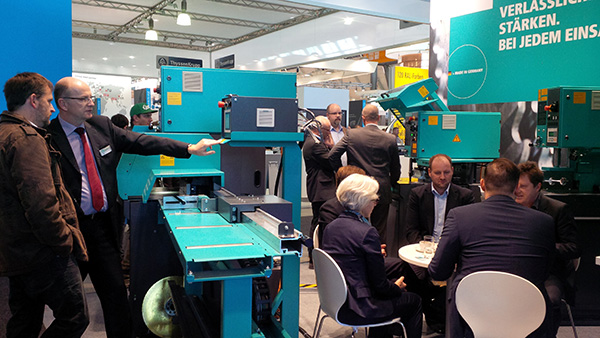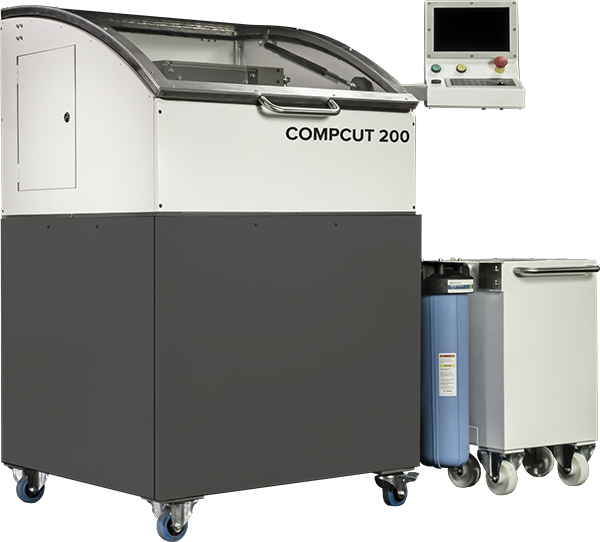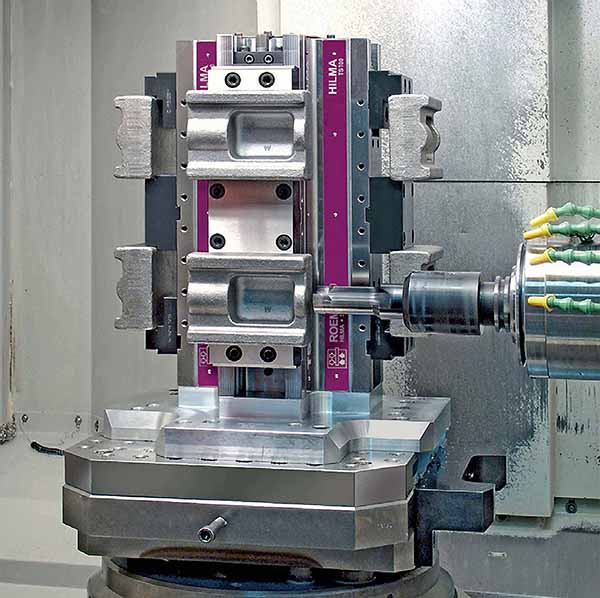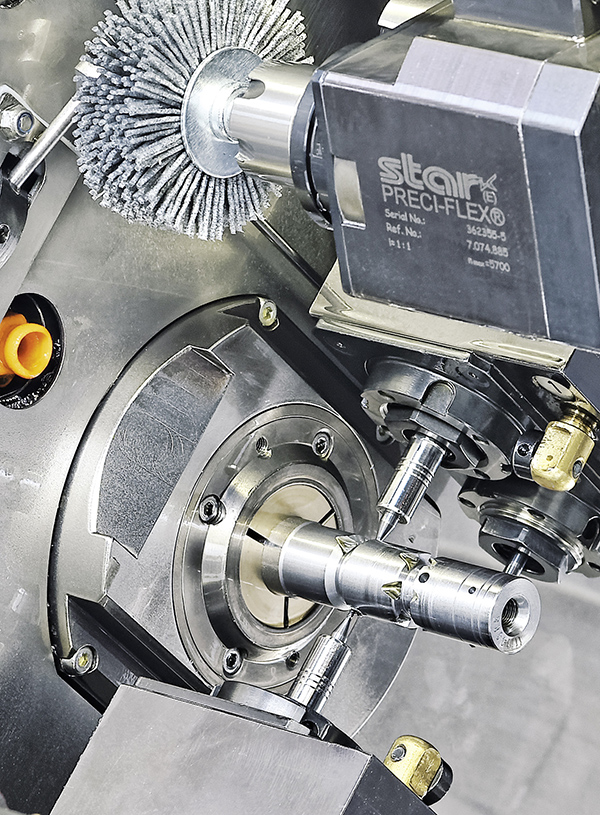The biennial IPS (International Partners in Steel) trade event will once again be hosted by Kaltenbach at its group headquarters in Lörrach, Germany on 25-28 June.

The 12th edition of this industry event will feature interesting demonstrations of the latest processing technologies, practically oriented seminars, as well as exclusive excursions that are designed to inform visitors about the latest innovations. In addition, Kaltenbach says that the technologies and trends of tomorrow will be on view.
IPS 2019 is the marketplace for steel experts, presenting an attractive support programme that offers the opportunity for successful and effective networking. The programme will include focus areas on: sheet metal, pipe and profile processing; handling and intra-logistics; separating and cutting; surface treatment of metal sheets and profiles; joining, welding and fastening; forming; and tooling.
Around 40 partner companies – leaders in their various disciplines within the steel sector – are also expected to exhibit and present seminars at IPS 2019.
In an area of around 3000 sq m, the latest technology, machines, tools and software will be demonstrated, while new trends and innovations within steel manufacturing, service centres and metal processing, will be discussed. Previous IPS events have seen approximately 3000 visitors attend from around the world, to network and contribute towards discussions on the latest technical developments.
An important aim of the event is to enable those involved in the steel sector to gain insights into new, cost-efficient production solutions.
For further information www.ips-fair.com























